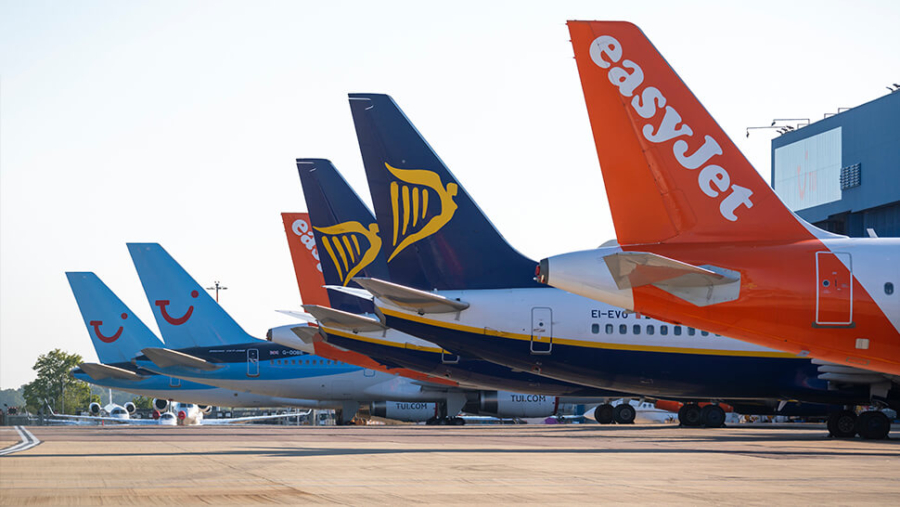

This note was published on 28 September 2020 and is subject to further updates in accordance with the Government and Foreign & Commonwealth Office (“FCO”) advice and guidance.
With the October half term only several weeks away, schools may now wish to be clear with their staff on the impact of any planned overseas travel during the holiday period.
The potential need for employees to quarantine upon their return to the UK presents a number of issues for schools from an employment and operational perspective.
This note seeks to remind schools of the position in respect of overseas travel and the steps they should take to prevent staff (where possible) from being absent from work due to quarantine restrictions.
What is the current position on overseas travel?
The FCO is still advising against ‘all but essential’ international travel. As such, those arriving in the UK from overseas are required to provide contact information and undergo a 14-day quarantine period if they have been to a country that is not on the list of low-risk destinations where a ‘travel corridor’ is in place. The list is under constant review in line with infection rates and, as we have all seen with the likes of Spain, can change very quickly.
The list of countries on the travel corridor list for England can be located here.
What steps can schools take to reduce staff absence due to the need to quarantine?
We recommend that schools take the following steps:
- Inform staff of the current Government and FCO advice and guidance on overseas travel and the quarantine requirements. In particular, remind staff that they should not visit a destination that is deemed high risk.
- Ask staff to regularly check the Government and FCO advice and guidance (particularly in advance of travel) so that they can make an informed decision in respect of their travel commitments.
- Ask staff to discuss their overseas travel arrangements with a designated individual at the school (such as the HR Manager or the Bursar) prior to travelling. The onus should be placed on the employee to inform the school of his/her travel plans.
As part of the discussions, schools will also need to be clear with staff when they are expected to be back at work and what will happen on the employee’s return to the UK (i.e. whether they will be permitted to work from home and receive full pay or be required to take a period of unpaid leave) and, if possible, agree this with the employee.
As it stands currently, an employee will not be entitled to statutory sick pay if they are fit to work but unable to do so due to the need to quarantine. If an employee is unwell during a period of quarantine, whether as a result of Covid-19 or some other illness or injury, the employee will be entitled to sick pay in accordance with their contractual terms.
-
- For term-time only staff (such as teachers) who intend to travel over the October half term break, we are of the view that if they are travelling to a destination that remains subject to quarantine restrictions with the result that they will be absent from work at the start of term, schools may require staff to postpone their holiday or change the destination, where possible. Staff should be reminded that they must be available for work as required in accordance with their contractual terms (which may be prior to the return of pupils). If staff subsequently decide to travel, they should be informed of the impact of doing so – i.e. that the quarantine period will be treated as unpaid leave and may be treated robustly, depending on the circumstances.
It is likely to be unreasonable to seek to prevent staff from travelling to a country which is exempt from the quarantine restrictions at the time of travel. That said, staff should be reminded that they must be available for work at the start of term. As the situation is ever changing, staff should be advised that, if they are subsequently required to quarantine upon their return (due to a change whilst they are away for example), the leave may l be treated as unpaid leave.
-
- For year round staff, in circumstances where the employee can work from home during a period of quarantine, schools may authorise him/her to do so. Where this is not possible, schools could ask staff to take enough paid annual leave to cover the quarantine period or agree a period of unpaid leave.
Schools will, of course, need to take care to ensure that they adopt a consistent approach amongst staff so as to avoid any less favourable treatment whilst also being alert and sympathetic to individual circumstances. There may, of course, be some exceptional circumstances which schools will need to assess on a case-by-case basis.
- Subject to Government advice at the time, schools may wish to consider whether they will require staff to complete a declaration prior to their return to work indicating which countries they have travelled to (and when), confirming that they have followed the quarantine measures (where required) and that, to the best of their knowledge, they do not have any symptoms of Covid-19. Any such declaration should refer to the school’s privacy notice for staff. This will assist with any assessment the school needs to make in respect of the level of risk. Schools should be clear with staff in advance that this declaration will be required.
It is hoped that these steps will seek to reduce staff absence following the October half term break whilst also ensuring that schools act fairly and reasonably.
For further information on the employment implications of the UK travel quarantine restrictions, please see our previous article, which can be located here. For specific queries, please get in touch.










